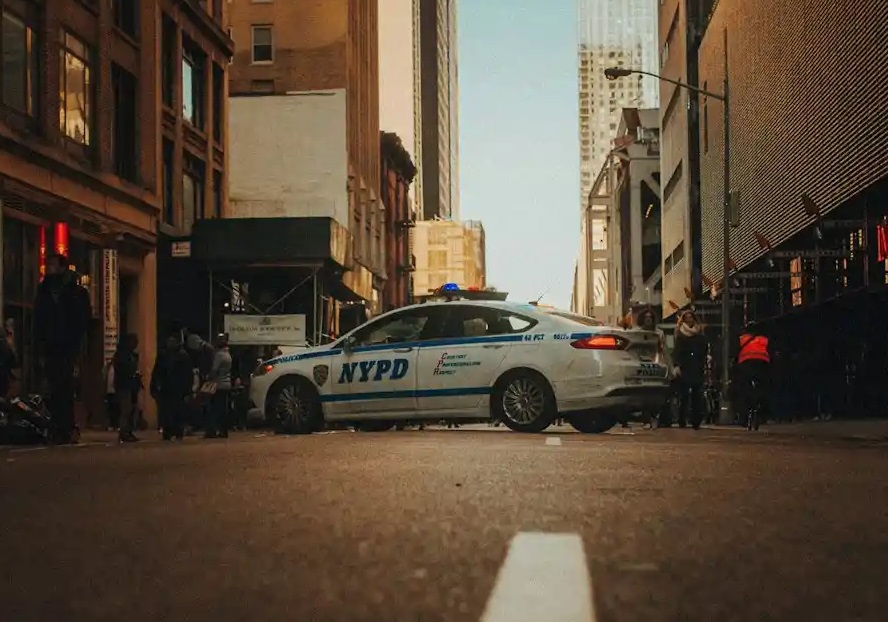
Getting a Traffic Ticket at a Vehicle Checkpoint in New York State
Published on 10/4/2018 - Updated on 6/4/2024
New York State Vehicle Checkpoint
From time to time, a motorist driving in New York will encounter a vehicle checkpoint. The ostensible purpose of checkpoints is to root out drunk driving. These checkpoints are tactically chosen to bottleneck drivers. They also allow officers to stop and observe many more vehicles than they would ordinarily be able to. Checkpoints are nerve wracking for drivers, even if they are sober and their license is in good standing.
Legalities of New York State Vehicle Checkpoints
Checkpoints are also somewhat stressful for officers (besides for the inherent dangers). There are legal standards for all checkpoints in New York- if an officer does not have the right to set up a sobriety checkpoint, or if it was set up improperly, the results from that checkpoint can be successfully challenged in court. For example, cars stopping in checkpoints must follow a predetermined pattern. Officers must either stop every car, or a specific sequence of cars. There is a myriad of cases that have previously outlined these standards and whether or not they can be altered in the middle of the checkpoint. The location of the stop, time of the stop and the conditions for the flow of traffic can also be scrutinized.
Traffic Tickets Issued at a New York Vehicle Checkpoint
Most charges that result from checkpoints are minor traffic violations. Typical charges include expired registration, expired inspection, suspended registration, and seat belt violations. If you have been charged with a DWI at a sobriety checkpoint it is crucial to know your rights and options. A seasoned attorney will know how to evaluate the circumstances of your stop and compare them with the acceptable standards. If there is any opportunity to reduce the charges or get the case dismissed, an attorney will also know which arguments to make to accomplish this.
Benjamin Goldman Law Office
For any traffic related charges that originate from a vehicle checkpoint you can contact the Benjamin Goldman Law Office. We are a traffic ticket defense firm that has seen much success in fighting on behalf of motorists. Our firm first opened in 2011 in Monticello, and we opened a second office in 2015 in Valley Stream. The Benjamin Goldman Law Office now takes on cases anywhere in the state, from Amherst to Brooklyn to Champlain.
Contact us at your convenience and utilize our free consultation service.